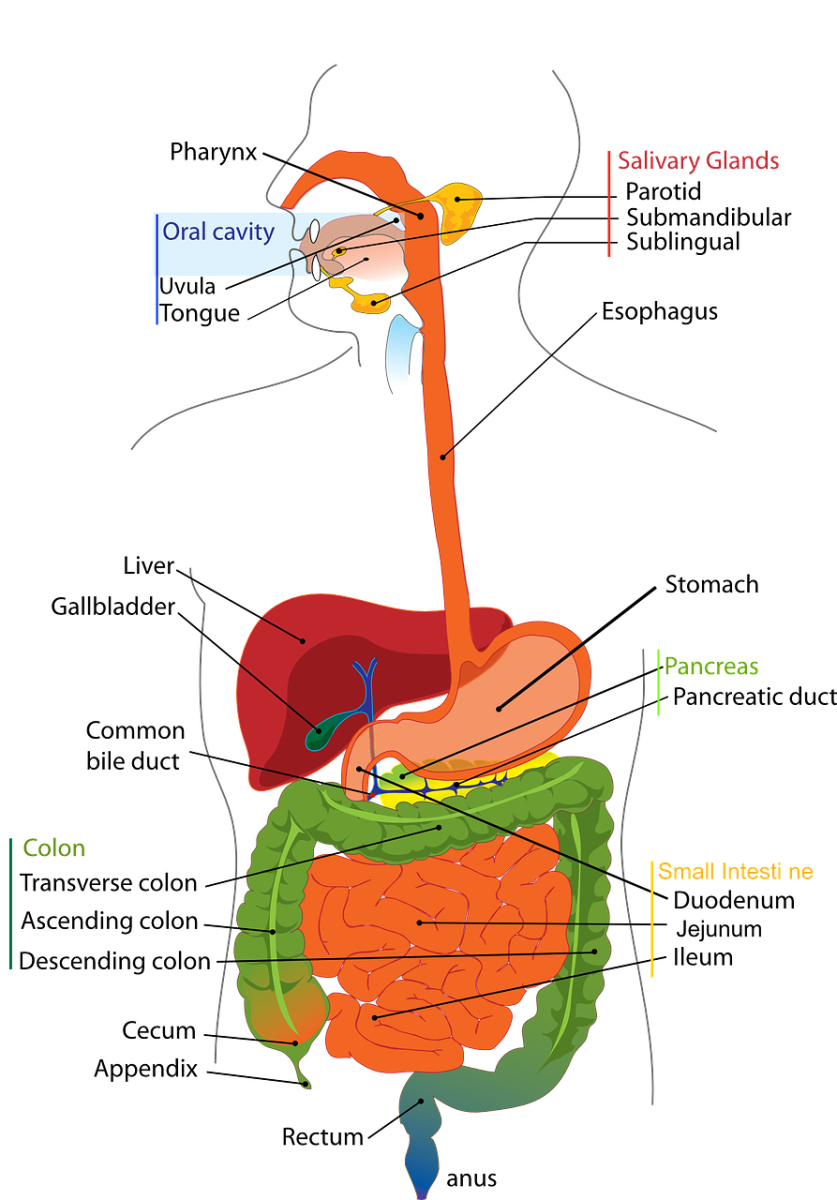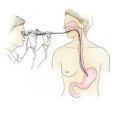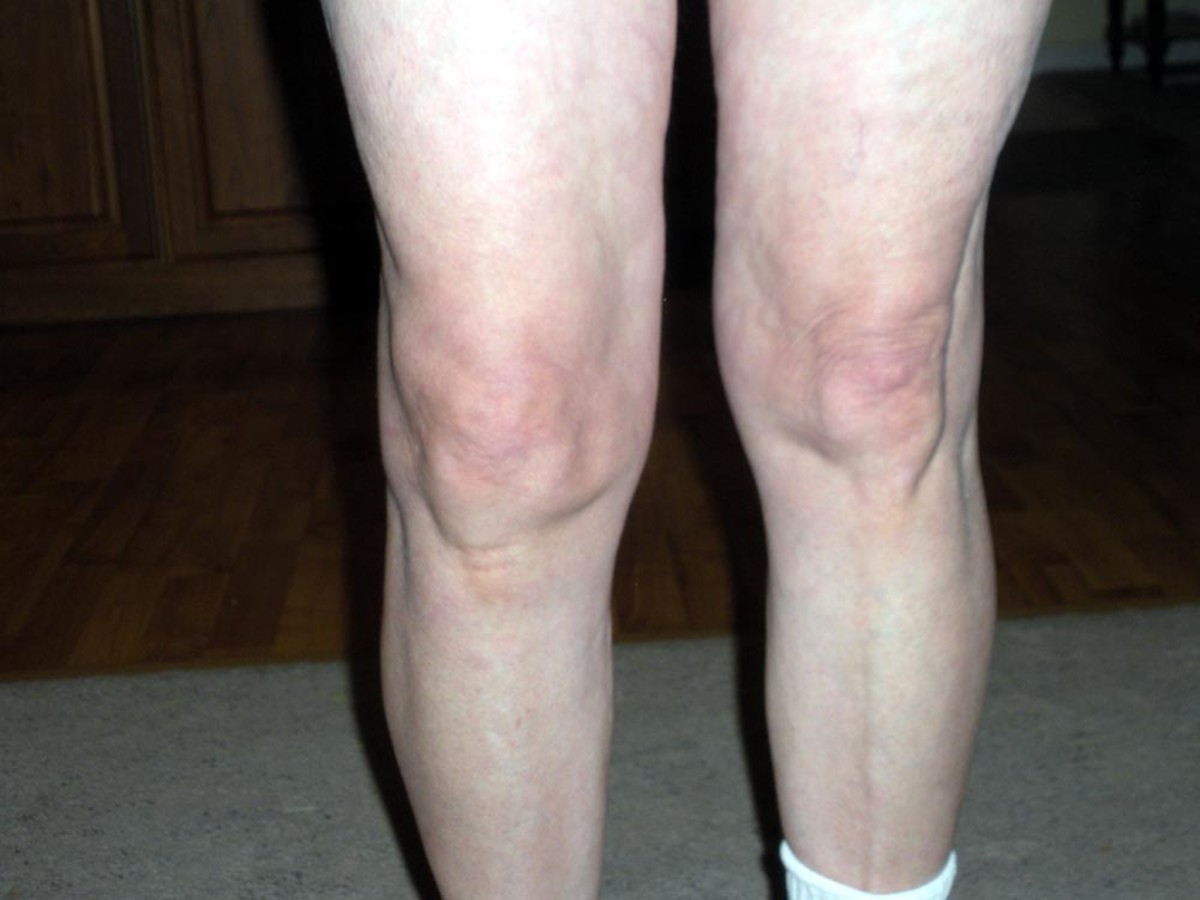Difficulty Swallowing Meat and Throat Problems
Asophagus Difficulty Swallowing
Recently this weekend I had an episode in which I difficulty swallowing and food or liquids, this came after having a beef shish kabob I was able to breath but any time I tried to eat or drink nothing stayed down or felt like it went into my stomach. After a period of 30 minutes I was back to normal and had to microwave my food but I thought about what would cause this as it wasn’t the first time. Difficulty swallowing or dysphagia as I found out means it requires more time and exertion to move food or water down to your stomach. I also should note that having difficulty swallowing also was a bit painful particularly in the chest area.
Since I had difficulty swallowing usually with beef/steak it wasn't cause for concern, and in my case may just have occurred because I eat too fast or I didn't chew your food well enough. But as I researched having persistent difficulty swallowing may be an indication of a serious medical condition.
What is dysphagia?
Taken from Wikipedia
“Dysphagia is the medical term for the symptom of difficulty in swallowing.Although classified under "symptoms and signs" in the term is sometimes used as a condition in its own right Sufferers are sometimes unaware of their dysphagia”
Narrowing of the Esophagus

Swallowing Disorder
As I was reading it became apparent that as I get older I should watch out for this as the most common cause of dysphagia in older adults is stroke: Research shows that up to 45 percent of stroke victims display early signs of a swallowing disorder, however most recover their ability to swallow normally after a couple weeks. This kind of swallowing disorder can also be caused by commonly used drugs that adversely affect the flow of saliva in the mouth for example, some antihistamines, antidepressants, and calcium channel blockers taken to treat high blood pressure
GERD Acid Reflux
Gravity, swallowing, and saliva are all protective mechanisms for the esophagus; they are effective only when you are in the upright position. At night during sleep, gravity is irrelevant; swallowing stops and the secretion of saliva is reduced. Other swallowing disorders can occur like GERD acid reflux which commonly occurs at night and is more likely to result in acid remaining in the esophagus longer and can causing damage to the esophagus.
Particular conditions make you susceptible to GERD. As an example, GERD can be a severe problem during pregnancy. The elevated hormone levels that accompany pregnancy cause reflux by lowering the pressure in the lower esophageal sphincter. At the same time, the growing fetus increases the pressure in the abdomen. Both of these effects would be expected to increase reflux.
Difficulty Swallowing Treatment
Treatment for swallowing disorders depends principally on the source of the problem, In severe cases, where you can not eat due to constant choking and aspiration of food, you may require nutrition through a tube inserted directly in the stomach. However, like my case which is less serious swallowing disorders can be alleviated from other treatment and strategies.
Although swallowing difficulties can't be eliminated when the cause is neurological damage, you can reduce your risk of sporadic difficulty swallowing by eating slower and chewing your food well. Early detection and effective GERD treatments can lower your risk of developing dysphagia. In some cases, medication may help by reducing stomach acid or altering how the esophagus functions.
But for now I think I will try to tame my excitement for my beef shish kabobs and chew a bit slower, but I must admit smelling that home made barbecue sauce is very tempting.








